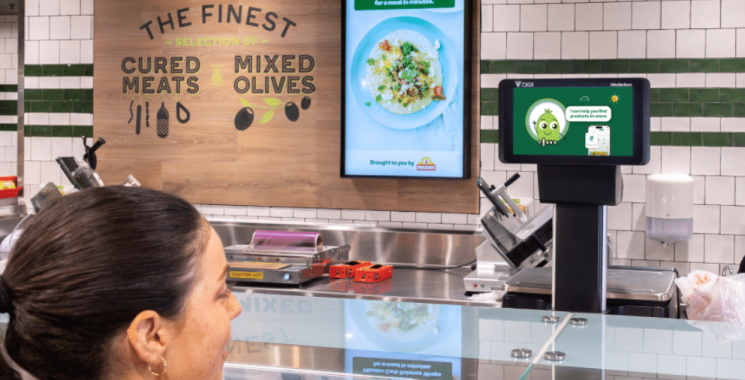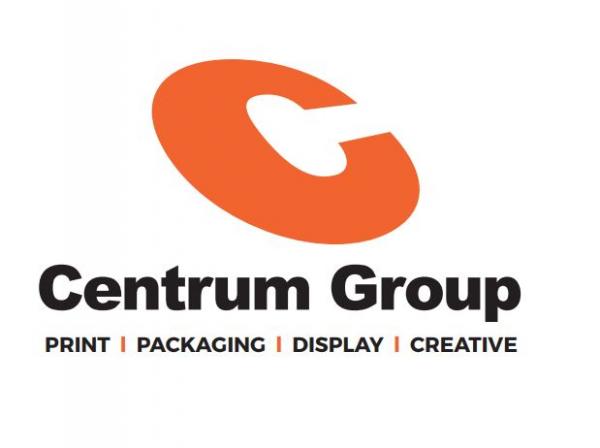The digital age has changed the way people shop
By Rebecca Rynehart
Today’s FMCG brands face enormous challenges in activating in the face of an overcrowded marketplace and an increasingly empowered customer. With the growth in channels, digital platforms and touchpoints, the gap between FMCG brands and their consumers is widening.
“Consumers are literally drowning in content from brands.” says Rebecca Rynehart, Managing Director, TRO Experiential. “As a result audiences are seeking more time at places where they aren’t subjected to constant interruptions. Meditation is becoming mainstream, digital ‘detoxing’ is on the rise and brands offering experiential escapism represent some of today’s biggest success stories. Unique to brand experiences is the fact that they require audience participation, a choice is made to engage and so there is an immediate rapport between consumer and brand.”
As each year passes, FMCG retailers around Australia are continuously shifting their goalposts as they continue to battle it out in-store to keep up with the rapid development of technology and demanding customer expectations.
“What was once the newest “impossible to do without” innovation becomes the expected standard, and something new takes its place,” says Rynehart. “Given FMCG markets are heavily saturated, with brands constantly seeking to differentiate themselves from competitors, our FMCG clients recognise that they’re not invincible to this pattern.”
“Consumers are more connected than ever,” confirms Lynne McKay, General Manager, Retail Activation, Retail Safari. “They’re demanding more meaningful and memorable retail experiences online and offline.”
As consumers have adapted to the convenience and efficiency of online shopping, also the challenge for brands and retailers is how to deliver in-store experiences that are consistent with their digital expectations.
“The digital age has changed the way people shop,” says Rynehart.
“They are looking for magic and delight instore, combined with the control, efficiency and convenience that online shopping brings. In response to this we have developed an intuitive and discreet technology that matches people’s needs to the right product, providing the ease of an online shopping transaction in a physical store and making the whole experience easy and fun.”
“We’re seeing more and more FMCG clients who are taking full advantage of retail selling via in-store innovation, salespeople and the relevant digital applications,” McKay says.
“Take, for example, our international coffee client who builds brand relationships through storytelling. To define themselves they offer a convergence of retail, theatre, food, tech, and entertainment.
“They believe the principal channels where customers can have a compelling brand experience and meaningful interactions are in-store. Their coffee associates are trained to present the product in a personalised manner that just can’t be achieved online.”
As customers become smarter shoppers, retail spaces need to offer more than just a product showcase, but a memorable and immersive brand experience.
The store environment, design and customer touchpoints are of equal importance in the digital age. Both channels contribute to an enhanced customer journey where customers are immersed in the brand’s values and products.
“Through these factors, our clients are seeing experiential marketing has the potential to be so effective for FMCG brands, concludes Rebecca.
“A variety of innate synergies, combined with activities which add value both to the brand and to the consumer, give brands who use this type of engagement marketing effectively the edge in a highly competitive FMCG sector.”
Rebecca Rynehart, Managing Director, TRO Australia
TRO is a global experience marketing agency, powered by Omnicom. We create immersive experiences that deliver commercial value for our clients and enhance the way humans feel about brands. With a passion for developing people to foster a collaborative culture, Rebecca is constantly searching for ways to make brands more human and relatable.











